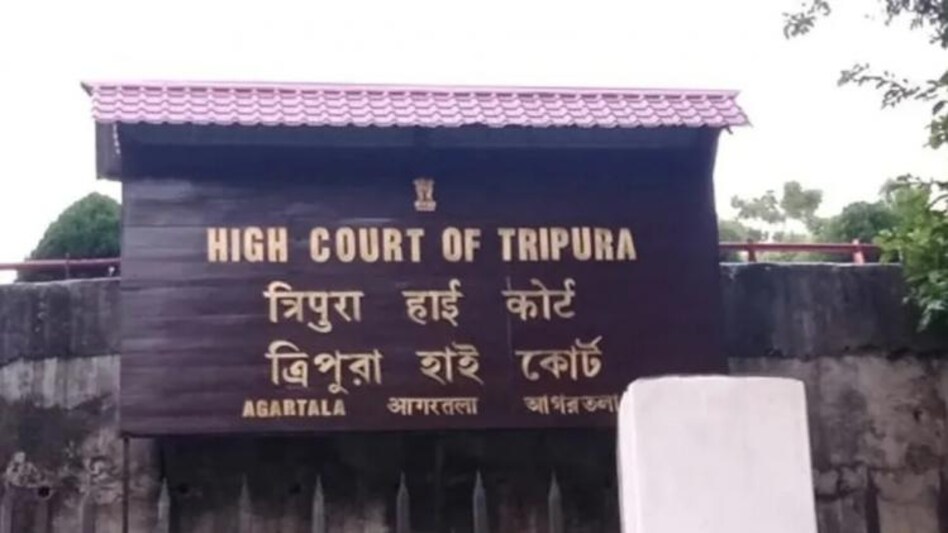1. The plaintiffs brought separate rent-suits for recovery of arrears and enhancement of rent. The present Appeal No. 379 relates only to Rent Suit No. 5 which formed the subject matter of First Appeal No. 1317. The Subordinate Judge of 24-Parganahs has reversed the order of the Munsif of Barasat and the defendants are now the appellants before us. It appears that proceedings u/s 105 of the Bengal Tenancy Act were previously instituted by the landlord against the present tenants which proceedings were never brought to a final decision but liberty was given to the landlord by the Settlement officer to withdraw the proceedings before him. The question then arises as to whether the present suit is maintainable having regard to the provisions of Section 109 of the Bengal Tenancy Act which lays down that a Civil Court shall not entertain any application or suit concerning any matter which is or has already been the subject of an application made, suit instituted or proceedings taken under Sections 105 to 108 of the Bengal Tenancy Act. Upon this point it has been held by both the lower Courts that the suit is competent notwithstanding the provisions of Section 109 of the Bengal Tenancy Act. There has been a number of cases in this Court beginning with Chiodith v. Tulsi Singh [1913] 40 Cal. 428 from which it may be argued that two trends of opinion are to be found one construing the language strictly and holding that Section 109 is a bar, and the other holding that when leave to withdraw has been given it must be deemed that no such application was ever made in the first instance.
2. We have been referred to two recent cases in the matter, one is the case of
3. It may be pointed out that the real point for decision is as to the meaning of the language employed in Section 109 of the Bengal Tenancy Act. The effect of taking the other view which is contended for would be to treat the expression "which is or has already been the subject of an application made" as though it were in terms "which is or has already been the subject of decision" which is a very different thing.
4. In this view of the case it is unnecessary to go further into the points raised by the appellants.
5. The appeal must succeed and the decree of the lower Appellate Court must be set aside and that of the Court of first instance restored and affirmed. The appellants will get their then costs in this Court and in the lower Appellate Court. We assess the hearing fee in this Court at one gold mohur.
Graham, J.
6. I agree that the appeal must succeed on the ground that the suit is not maintainable, having regard to the provisions of Section 109 of the Bengal Tenancy Act. That section says ''''Subject to the provisions of Section 109-A, a Civil Court shall not entertain any application or suit concerning any matter which is or has already been the subject of an application made, under Sections 105 to 108 both inclusive]" Now, there can be no doubt that the matter did previously form the subject of an application u/s 105. It may be true that the application was withdrawn but the fact remains that an application was made. It may be argued that there is no bar where such an application is withdrawn. But to adopt that view would, it seems to me, be to import into the section something which is not true. It would in fact be tantamount to reading the section as if it said "subject of a decision" instead of " subject of an application." In my opinion we should be guided by the plain language of the Act. The current of the authorities is also strongly in favour of this view: see the cases of

